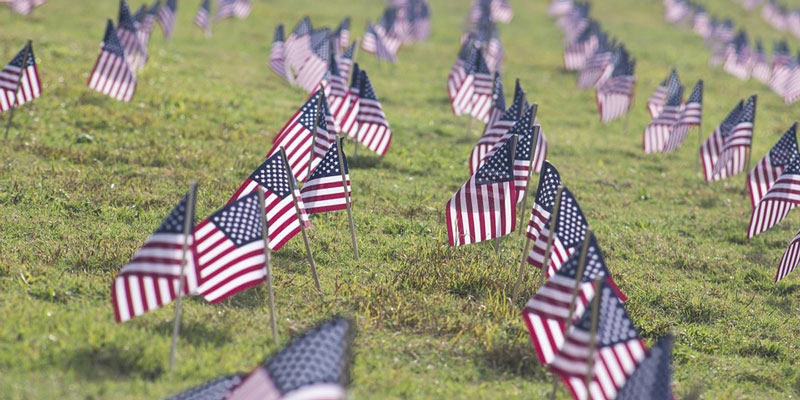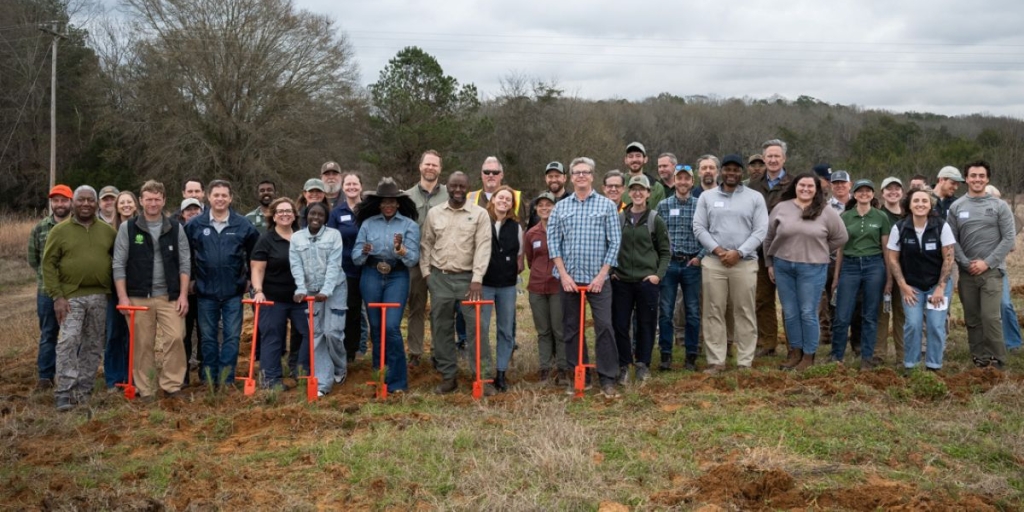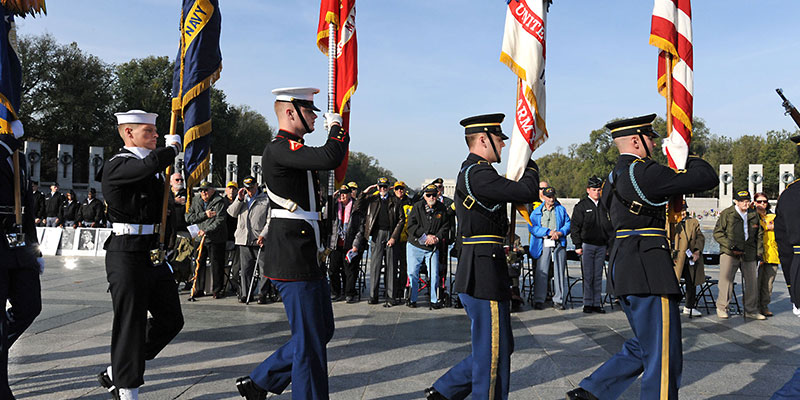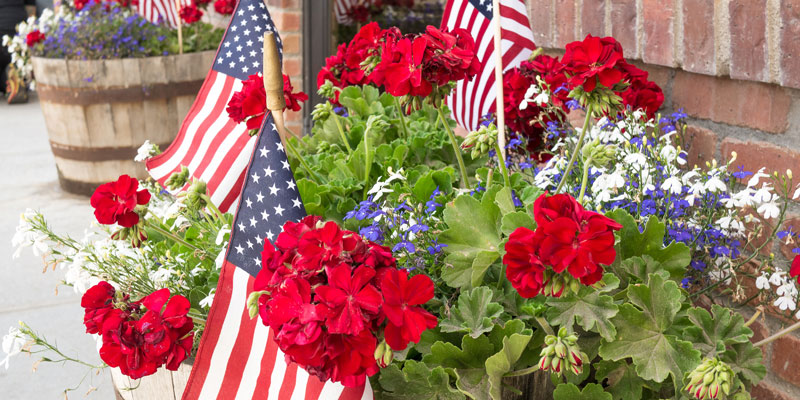Remember when Americans only argued about baseball or who had the best hot dogs—Chicago or New York? Those were the salad days.

Photo by Tom Greene
As we approach the 4th of July, an American holiday loaded with baseball, hot dogs, and apple pie, I’m mindful of the ties that bind us together as a nation. Things like patriotism, family, friendship, and faith in a higher power. Those were the long-held American values that made America great. (They also form the foundation of every good country music song, but I digress.)
As Independence Day draws closer, we see a rising level of, well, independence, along with a sense that people are abandoning these long-held values.
A recent Wall Street Journal/NORC survey suggests that these long-held values are in full retreat.

Patriotism
Today, only 38% of Americans say that patriotism is very important to them. That’s down from 70% in 1998. Now, I think we can agree that the term “patriotism” has become politicized. I wonder if this change of heart has more to do with our overall happiness than with politics.

See, back in 2010, we were a lot happier than we are today. You probably can’t read the small text in the chart below, but you can follow that blue line south. Our happiness peaked in 2010 but has since dropped by 30% and continues to trend lower.

In our pursuit of happiness, we often seek to blame someone or something else for our feelings of unhappiness. This may lead some to blame the country and its leaders. However, it’s the people elected to your local city council who have more to do with your happiness and well-being than the boneheads in Washington, DC.
Twenty-five years ago, 62% of people felt that religion was very important. Today, that number is only 39%.

Frankly, most people today would rather watch cat videos on their smartphone than contemplate the great, spiritual questions of life. (Why am I here? Is there a God? What happens when we die, etc.?)
However, I think the spiritual decline has less to do with religion and more to do with our institutions. We’ve lost trust in public, private, political, and religious organizations. I wrote about this in a piece called Why We Lost Faith in Our Institutions and Each Other. One might argue that some of this mistrust has been earned. That’s fair. Much of this distrust is well-deserved.

Photo by Tom Greene
Some turn away from organized religion because they find the teaching offensive. But, as Tim Keller once wrote, “To stay away from Christianity because part of the Bible’s teaching is offensive to you assumes that if there is a God, he wouldn’t have any views that upset you.” Whether you’re Christian or Jewish or just into Yoga, he’s kinda got a point.
Before you finish reading, I want to say thanks. Over 500,000 people read my articles last year—thanks to you. Thank you for sharing my articles with people you care about. I am grateful.
Setting the malfeasance and offensiveness aside for a moment, consider that nearly every religion on the planet touts the virtues of generosity, gratitude, and friendship—three natural antidotes to loneliness, anxiety, and depression. I think we can both agree we need more antidotes today.

Photo by Tom Greene
Friendship
With this lack of patriotism and loss of faith, it’s not surprising that 71% of Americans are less confident in each other than they were 20 years ago. Most claim that other people simply aren’t as reliable as they once were. See, we were all set to turbo-introvert mode during the Pandemic era and I’m not sure we’ve fully recovered yet.
Some respondents to this recent study say that we just don’t need each other as much as we used to. However, researchers have found that lonely people are 50% more likely to die prematurely than those with healthy, social relationships.

Loneliness can be deadly. First, it reduces your immunity. Second, it increases inflammation, which can increase your risk of disease. Third, and most importantly, social disconnection can lead to, you guessed it, anxiety and depression. (Blink twice if anxiety or depression has ever held you hostage.)

The orange M&M is now the symbol of anxiety and depression in America.
Courtesy: M&M/Mars
Children
Even having children is no longer a priority. I wrote about that in a piece called The Birth Rate is Crashing. Should We Worry? The percentage of Americans who believe having children is very important has fallen to 30% in a new poll. Twenty-five years ago it was 59%.

Even more surprising is that only 1 in 5 parents feel that it’s extremely or very important for their children to have crumb-snatchers of their own.
Can you imagine missing the joy and validation of bringing a child into the world?
In stark contrast to these surprising mega-trends, there is one thing that seems to be skyrocketing in popularity. A shocking 43% now describe money as very important compared to 31% in 1998.

So, if we are looking for the message here, it is this: Americans now feel that money is more important than patriotism, more important than developing a faith life, and more important than growing deep friendships or having children. (And we wonder why we get unhappier every year as a country.)
It’s clear that we are abandoning many of our long-held traditions, institutions, and values in favor of independence. As if more money and isolation could ever solve the emptiness from not pursuing a faith life. As if money could ever quiet the regret associated with not having children or replace the value of long-term friendships. As if more money could ever remedy the gut-wrenching loneliness and isolation experienced later in life. Sadly, this graphic is an excellent visual aid for what is now Very Important to Americans.

As we prepare to watch the fireworks this Independence Day, maybe we should rethink the word independence. Independence doesn’t mean we can exist and thrive in a vacuum. It doesn’t mean we should abandon the principles and values that this country was founded upon: patriotism, family, and friendships.
Let us all recommit to the values and principles that made this country great. Happy Independence Day!
Tom Greene is a 55 year-old executive, husband and father. He’s the author of “Wit and Wisdom” and writes frequently on topics like happiness, family, spirituality and friendship.













